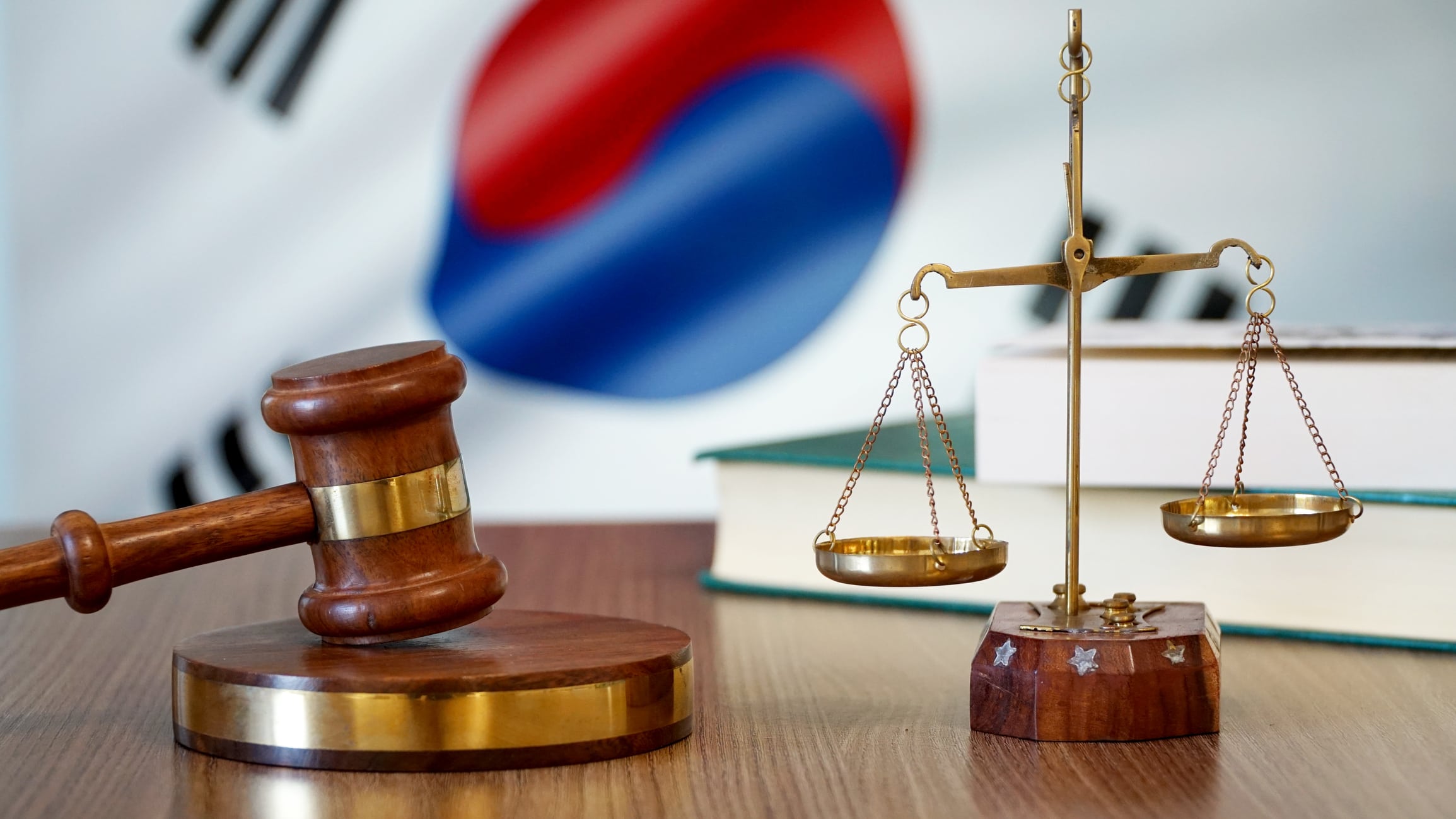
The Supreme Court of South Korea has ruled that a law school’s refusal to change an interview schedule based on religious beliefs was unlawful. This landmark decision accepted the Seventh-day Adventist’s test schedule change request for the first time.
It is the first decision by a court that accepts a Seventh-day Adventist’s request for a change in the test schedule.
The First Division of the Supreme Court, led by Justice Kim SunSoo, confirmed the appellate court’s ruling in favor of the plaintiff, a Seventh-day Adventist named I Jin Im, against the president of Chonnam National University. The lawsuit contested the refusal to accommodate a request for an admission process exception and the subsequent denial of admission.
Im applied to Chonnam National University’s law school in October 2020 and passed the document screening phase. However, her interview was scheduled for Saturday morning, which conflicted with her religious observance of the seventh-day Sabbath. To accommodate her religious practices, she requested that her interview be rescheduled to the last slot on Saturday afternoon, after sunset.
The university denied Im’s request, citing its policy of randomly assigning interview times and groups. Consequently, Im did not attend the interview and was not admitted.
The trial court initially ruled against Im, but the appellate court overturned this decision, arguing that the university’s refusal to reschedule the interview infringed upon Im’s freedom of religion and mandated the cancellation of the admission denial.
The appellate court stated, “The defendant, being the president of a national university and exercising public authority, must consider ways to allow the plaintiff to participate in the interview by her conscience without compromising the fairness and equity of the student selection process. The refusal to accommodate the plaintiff’s request violates the principle of minimal infringement and is unlawful due to the misuse of discretion.”
The Supreme Court agreed with the appellate court, emphasizing that the defendant’s status as a public authority bearer subjects it to a broader scope of legal scrutiny against discriminatory practices. It highlighted that if measures to alleviate disadvantages faced by Seventh-day Adventists due to their religious beliefs slightly limit public interest or third-party benefits, these measures are justified if they significantly outweigh the disadvantages faced by the religious adherents.
The court further elaborated that since interviews are conducted individually, rescheduling Im’s interview to after sunset on Saturday would not necessitate altering other candidates’ schedules nor unfairly benefit Im.
The Supreme Court’s spokesperson stated, “This is the first decision by either the Constitutional Court or the Supreme Court to explicitly acknowledge a Seventh-day Adventist’s request for a change in the test schedule. It clarifies the obligations of administrative authorities to prevent Seventh-day Adventists and other minorities from facing undue discrimination due to their religious beliefs.”
Previously, Seventh-day Adventists had petitioned the Constitutional Court to change examination schedules that fell on Saturdays, but all requests were denied, including decisions in April and June 2010 regarding the legal aptitude test and the bar exam, as well as a 2023 decision regarding the national examination for nursing assistants scheduled before sunset on a Saturday.
The original version of this story was posted on the Northern Asia-Pacific Division news site.